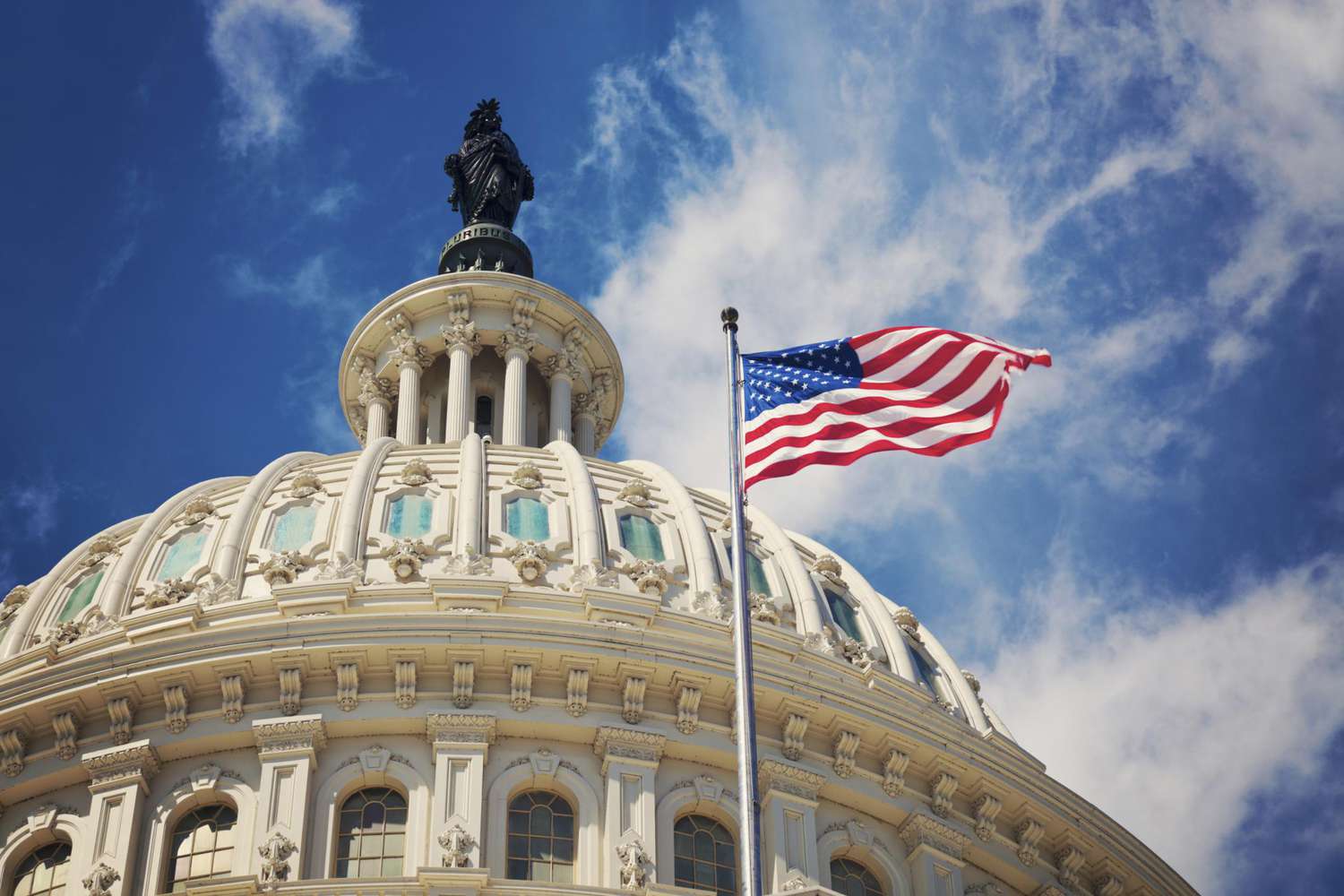Qantas Airways has confirmed that personal data from 5.7 million customers was stolen in a recent cyberattack, including names, contact details and meal preferences. The airline stated that no financial or login credentials were accessed, and frequent flyer accounts remain secure.
An internal investigation found the data breach involved various levels of personal information, with 2.8 million passengers affected most severely. Meal preferences were the least common data stolen, while over a million customers lost addresses or birth dates.
Qantas has contacted affected passengers and says it offers support while monitoring the situation with cybersecurity experts. Under pressure to manage the crisis effectively, CEO Vanessa Hudson assured the public that extra security steps had been taken.
The breach is the latest in a wave of attacks targeting airlines, with the FBI warning that the hacking group Scattered Spider may be responsible. Similar incidents have recently affected carriers in the US and Canada.
Would you like to learn more about AI, tech and digital diplomacy? If so, ask our Diplo chatbot!









